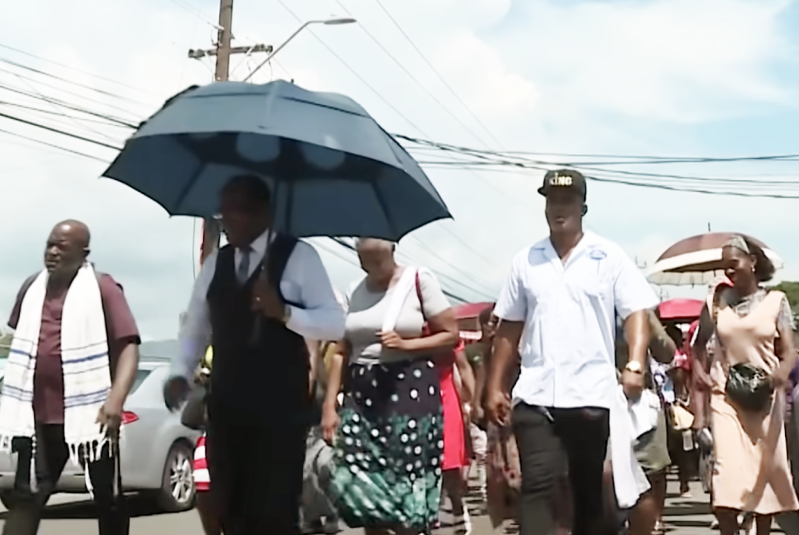
Christian leaders in Jamaica are voicing strong opposition to a campaign to repeal the nation’s Obeah Act, warning that legalizing the folk spiritual practice would open the door to “confusion” and demonic forces.
The pushback follows efforts by the Unuchi Foundation, an Africana spiritualist nonprofit, which has been advocating for decriminalization of obeah and hosted vigils on Tuesday night ahead of a constitutional hearing. The foundation says its mission is to empower and heal people of African descent through African knowledge traditions, including obeah.
Obeah, a set of Afro-Caribbean spiritual practices blending African traditions with Christian and folk elements, has historically been used for healing, protection, and divination — but is also associated with rituals that some critics say are used to harm others or shield criminal activity. Church leaders opposing its legalisation in Jamaica warn that such practices could fuel violence, empower criminal elements, and invite what they describe as demonic influence.
Bishop Dr. Alvin Bailey, president of the Jamaica Evangelical Alliance and project director for the Jamaica Umbrella Groups of Churches, told the Jamaica Observer that the practice is already harming Jamaican society despite being illegal.
“It would be the worst and most disastrous decision this country could make if they decide to legalise obeah,” Bailey said. “We believe devils and demons are behind much of these behaviours, and that is why you have been hearing of men in authority being out of control and asking for divine intervention.”
Bailey warned that decriminalization would embolden practitioners and increase social harm. “To legalise obeah is to create a kind of confusion that is unprecedented,” he said, adding that pastors see it as their responsibility to resist the move.
He described the practice as pervasive, saying people in any parish can find a neighborhood obeah practitioner and that the spells they cast have “destroyed the lives of people in many ways.” Bailey said church leaders are actively praying against these forces, believing that they are behind acts of violence and deviance.
Other pastors echoed Bailey’s concerns. Bishop Rowan Edwards of Lighthouse Assembly Ministries told the Observer that the church must take a strong stand to prevent Jamaica from following Haiti, where voodoo is legally recognized. Pastor Dalbert Simmonds of the Spanish Town Ministers’ Fraternal said obeah remains a dangerous influence, citing testimony that some criminal groups use rituals to protect gunmen and justify violence.
Jamaica’s Obeah Act, enacted in 1898, makes it illegal to claim supernatural powers or use instruments of obeah, with penalties including fines or imprisonment.






